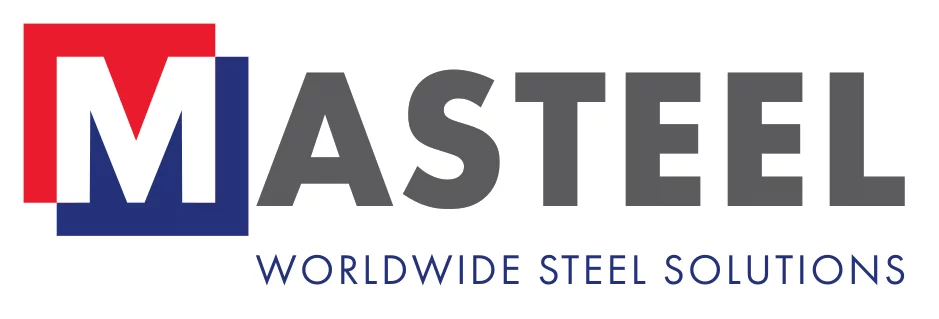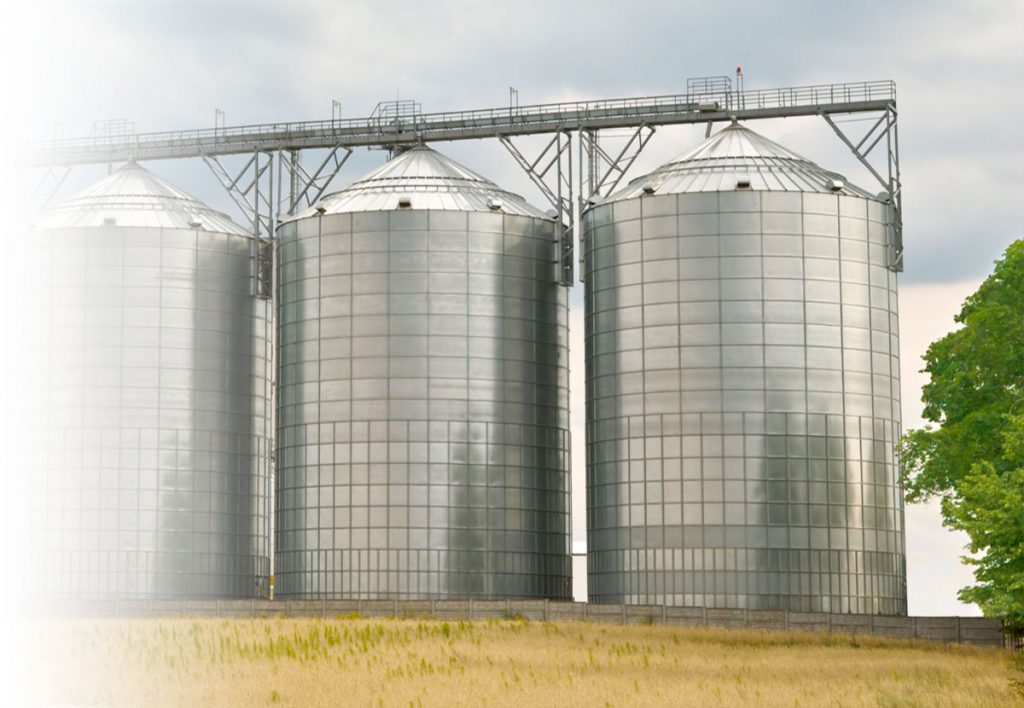Stainless steel is one of the most versatile families of metal alloys on the market. It is an iron-carbon (He-C) alloy that contains varying degrees of chromium (Cr), which elevates the corrosion-resistant properties of the material. Chromium enables chemical passivity of stainless steel products by forming a protective molecular layer across the metal’s substrate, preventing oxidation and reducing the likelihood of rusting and chemical corrosion. This is the single most common link between the array of stainless steel compositions available for manufacturers and developers in today’s market.
The chemical composition of stainless steels can be finely customized to improve distinct characteristics of the material for hygiene-critical applications. Increased copper (Cu) and molybdenum (Mo) contents are commonly used to improve the corrosion-resistant properties of the metal, while austenitic grades of stainless steel feature improved mechanical strength to resist high-temperature sterilization processes. This lack of surface deformation under demanding applications has made stainless steel the material of choice for food and beverage, pharmaceutical, and chemical processing applications.
What Makes Stainless Steel Hygienic?
Stainless steel is often misleadingly described as antimicrobial, a terminology that varies across the world. While there is no active ingredient in stainless steel products that destroy microorganisms, the outstanding properties of the metal make it inherently microbial- and bacterial-resistant. Stainless steels automatically inhibit the growth of unhygienic particles on the substrate of the product or within the metal structure. This resilience also enables components to be sanitized through a range of cleaning processes, with low structural degradation due to the use of harmful cleaning agents, high pressure washing techniques, or high temperature sanitization processes.
Pharmaceutical clean rooms, food processing work surfaces, and industrial refrigerators are consequently all fabricated using stainless steels. They can be effectively and thoroughly cleaned through established methods, reducing facility downtime and improving factory throughput.
Stainless Steel Product from Masteel
Masteel supplies exceptional grades of stainless steel to markets across the globe, providing products of varying chemical compositions to suit unique application requirements. We offer a tried and tested range of steel grades for hygiene-critical applications, including the food and beverage, pharmaceutical, and chemical industries. Our stainless steel grades include:
- Type 304, 304L, and 304H;
- Type 316, 316L, and 316H
- Type 321;
- Type 347;
- Type 410;
- UNS32205 Duplex;
- UNS32750 and UNS32760 SuperDuplex.
Type 304 and 316 stainless steels are routinely used to improve the hygienic conditions of facilities due to their increased chromium contents. Type 304 stainless steel exhibits a chromium content of up to 20%, which generates a stronger protective patina and provides improved corrosion resistances to application-specific acids and cleaning agents.
These products are certified to numerous international standards and regulations and can be formulated as stainless steel coils, sheets, and bars for worldwide shipping. If you would like any more information, please do not hesitate to contact us.

